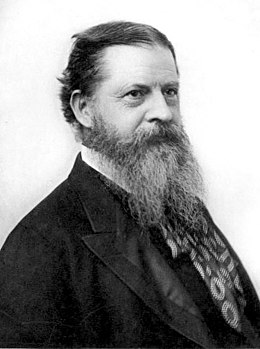Fallibilism
Philosophical principle / From Wikipedia, the free encyclopedia
Dear Wikiwand AI, let's keep it short by simply answering these key questions:
Can you list the top facts and stats about Fallibilism?
Summarize this article for a 10 years old
Originally, fallibilism (from Medieval Latin: fallibilis, "liable to err") is the philosophical principle that propositions can be accepted even though they cannot be conclusively proven or justified,[1][2] or that neither knowledge nor belief is certain.[3] The term was coined in the late nineteenth century by the American philosopher Charles Sanders Peirce, as a response to foundationalism. Theorists, following Austrian-British philosopher Karl Popper, may also refer to fallibilism as the notion that knowledge might turn out to be false.[4] Furthermore, fallibilism is said to imply corrigibilism, the principle that propositions are open to revision.[5] Fallibilism is often juxtaposed with infallibilism.
| Part of a series on |
| Epistemology |
|---|
|
Related fields |
| This is a subseries on philosophy. In order to explore related topics, please visit navigation. |
| Part of a series on |
| Nihilism |
|---|
| This is a subseries on philosophy. In order to explore related topics, please visit navigation. |
